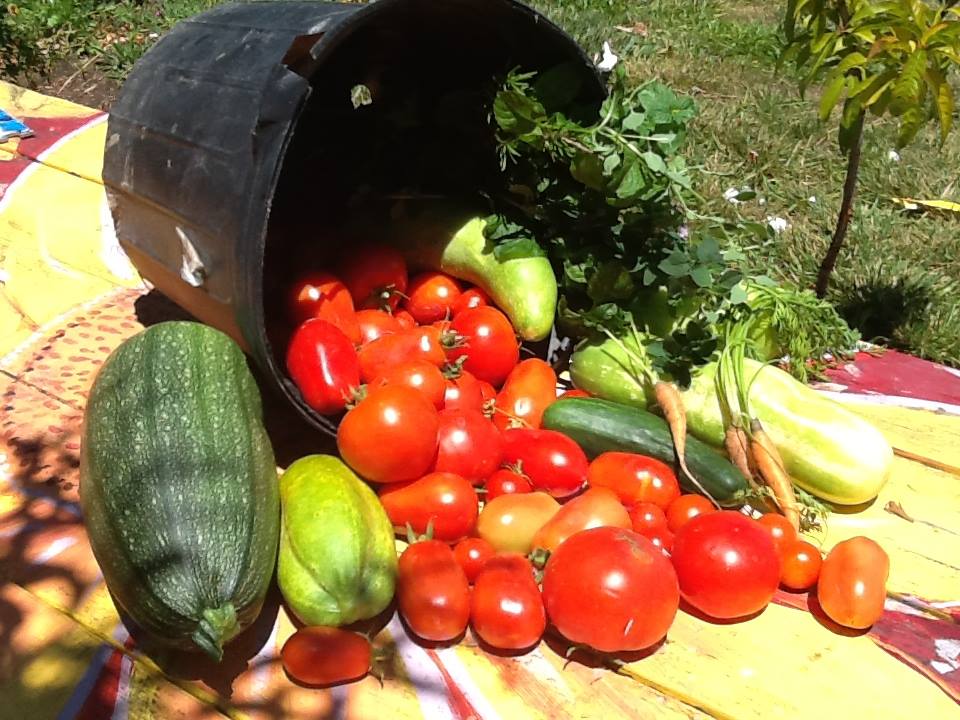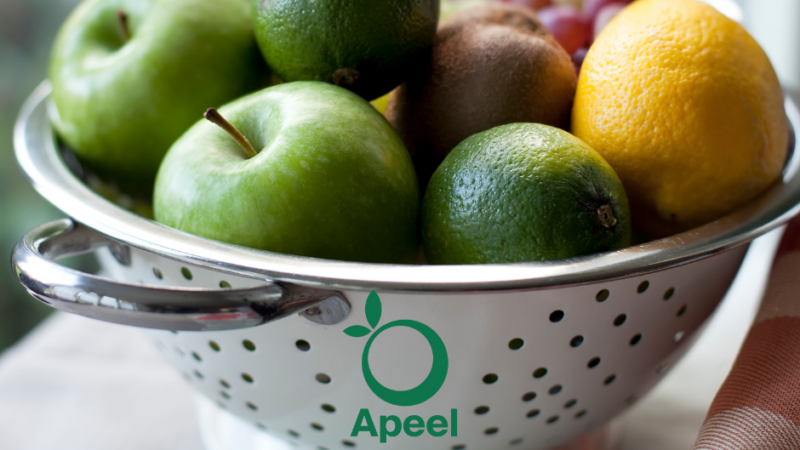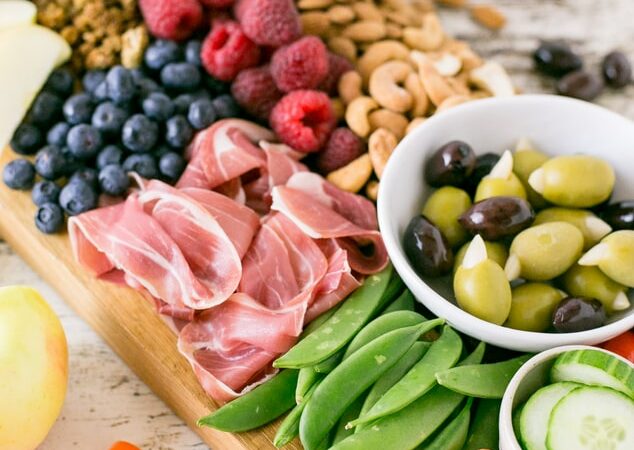What is Organic Farming

The USDA defines organic agriculture as “a production system that is managed to respond to site-specific conditions by integrating cultural, biological, and mechanical practices that foster cycling of resources, promote ecological balance, and conserve biodiversity.”
More specifically, organic farming entails:
- Use of cover crops, green manures, animal manures and crop rotations to fertilize the soil, maximize biological activity and maintain long-term soil health.
- Use of biological control, crop rotations and other techniques to manage weeds, insects and diseases.
- An emphasis on biodiversity of the agricultural system and the surrounding environment.
- Using rotational grazing and mixed forage pastures for livestock operations and alternative health care for animal
wellbeing. - Reduction of external and off-farm inputs and elimination of synthetic pesticides and fertilizers and other materials, such as hormones and antibiotics.
- A focus on renewable resources, soil and water conservation, and management practices that restore, maintain and enhance ecological balance.
Many organic farmers, including Wende Elliott and Joe Rude of Colo, Iowa, view organic production as a means to work with the environment and maintain the balance of their ecosystem. “Natural systems work hard if you incorporate biodiversity into your operation instead of fighting it,” said Rude, who co-farms 125 acres of pastured poultry, corn, hay and alfalfa.
Using nature as a model for the agricultural system – recycling nutrients, encouraging natural predators to manage pests, increasing plant densities to block weeds – organic farmers don’t merely substitute non-toxic materials for pesticides and fertilizers, but rather consider the farm as an integrated entity, with all parts interconnected.
When livestock and poultry are incorporated into organic systems, the potential for diversification and integration is even greater: Livestock feed on grasses and mixed forages, both of which help improve soil structure. At the same time, livestock provide manure to fertilize soil, and can be used to “cull” any non-harvestable crops.
Elliott and Rude, like many organic farmers, want to raise food free of hormones, antibiotics and pesticides. For many years, organic producers and proponents have claimed that organic farming is gentler on the environment. Research now confirms this:
The Sustainable Agriculture Farming Systems (SAFS) project at the University of California-Davis, a 12-year research station experiment comparing conventional and organic systems, showed water infiltration rates to be 50 percent higher in the organic system. The project, supported by a grant from USDA’s Sustainable Agriculture Research and Education (SARE) program, also showed that the organic system had one-third the amount of water movement into surface and groundwater as the conventional system. The organic system was more efficient at storing nitrogen and had positive effects on soil quality, including higher biological activity and a doubling of organic matter in 10 years.
- An organic cropping system consumed three to four times less energy than a conventional system, while also producing six times more biomass per unit of energy consumed in a South Dakota State University comparative trial at the Northeast Research Station near Watertown.
- A SARE-funded study evaluating pesticide and nutrient loads in subsurface drainage on organic and conventional farms in Illinois found less nitrate, chloride and atrazine in the water draining from the organic fields.
- More recent research also shows that organic farming systems can be equally productive and economically competitive with conventional systems, and in some cases, more resilient. Consider that:
- A study comparing long-term established organic and conventional tomato farms in California’s Central Valley found comparable yields.
- An article published in the Organic Farming Research Foundation Bulletin reviewing data from seven universities and two research station experiments verified that organic corn, soybean and wheat yielded, on average, 95 percent of conventional.
- Many studies have shown that organic systems perform better than conventional ones under drought conditions.
What Makes a Successful Organic Farmer?
The old image of an organic farmer as a small “back-to-the-land” type is long gone. Some organic operations have been so successful that they have been gobbled up by large multinationals such as Kraft and General Mills, which have recognized the powerful market potential for organic goods. Other organic farmers have organized into successful cooperatives. The largest organic cooperative in the country, Organic Valley, has more than 500 organic farmer-members across 13 states and successfully markets organic dairy products, beef, pork and poultry.
For many farmers, a driving force to convert to organic production is economic: Organic crops can fetch a price premium of anywhere from 25 percent to 200 percent or more over conventionally grown products, according to USDA’s Economic Research Service.
However, most organic farmers produce crops and livestock organically because they believe their methods are better for the environment. Many seek a safer food supply. “The main motivation for us going organic is out of a certain stewardship ethic toward the soil, the earth and ultimately, for mankind,” said Altfrid Krusenbaum, a Wisconsin farmer who began the transition to organic corn, soybeans, wheat and alfalfa in 1990.
In fact, switching to organic farming requires a major philosophical shift. Said Joe Rude, an Iowa poultry and crop farmer, “It’s about trying to get the ecological system harmonious and working with it, rather than overriding it.” Farmers who turn to organic farming solely to capture market premiums often fail because it does not mean simply substituting one type of inputs for another, such as replacing a synthetic pest control with Bacillus thuringiensis or applying organic fertilizers in place of synthetic ones.
“In organic farming, a mind shift is essential,” agreed Brad Brummond, North Dakota State University extension agent from Walsh County, who specializes in organic production. “You must go from treating problems
When deciding if organic farming might be right for you, consider the list of characteristics shared by successful organic farmers:
- A commitment to a safer food supply and protection of the environment
- Patience and good observation skills
- An understanding of ecological systems
- Good marketing skills and motivation to spend time seeking out markets
- A willingness to share stories of successes and failures and to learn from others (information networks are often underdeveloped for organic farmers).
- Flexibility and eagerness to experiment with new techniques and practices
Adapted from a North Dakota Extension publication written by Brummond available at: www.ext.nodak.edu/extpubs/plantsci/crops/a1181w.htm






